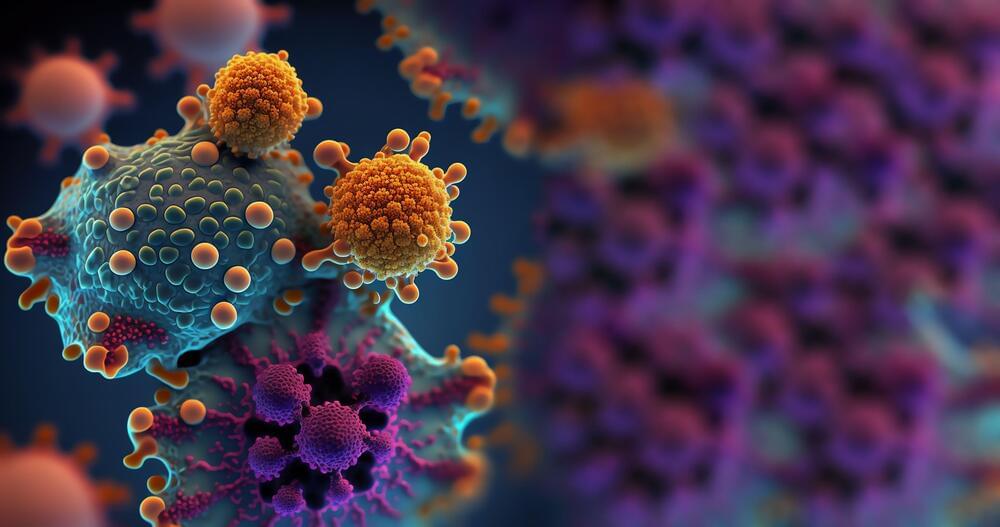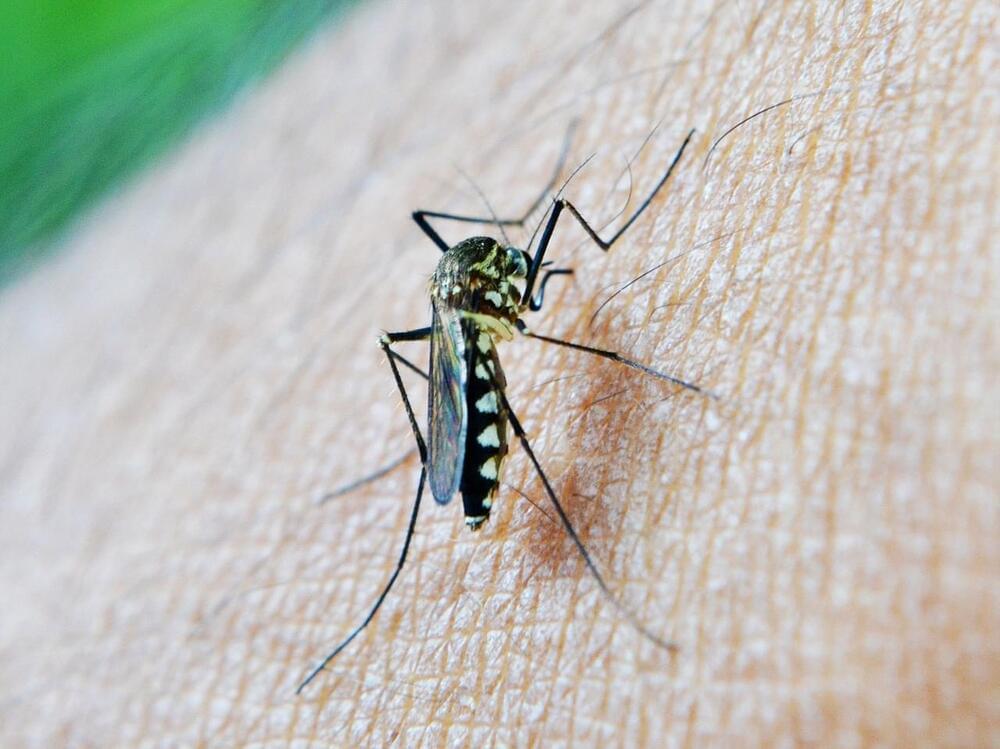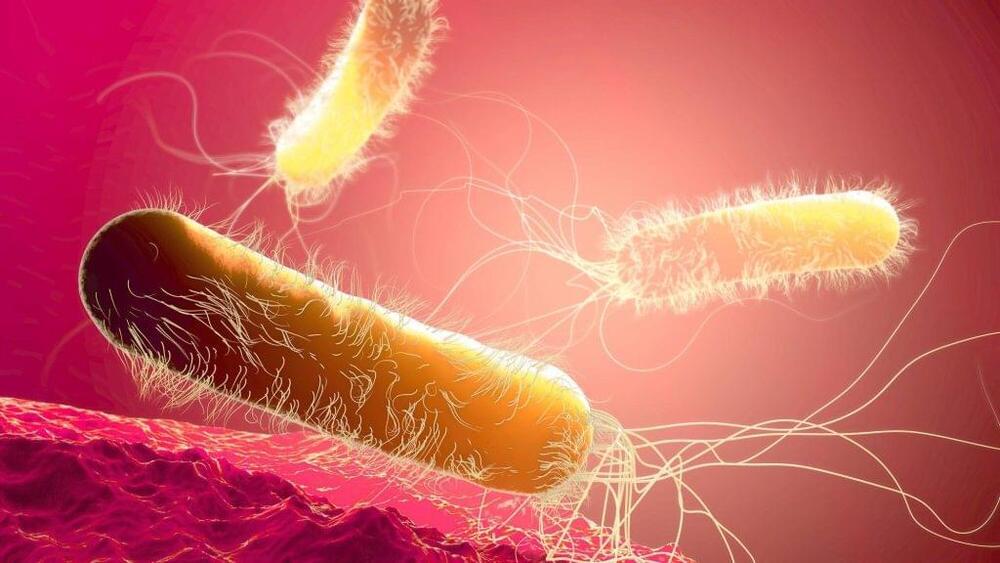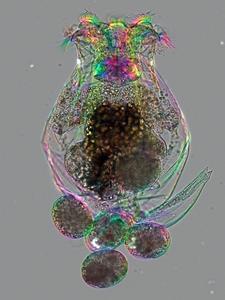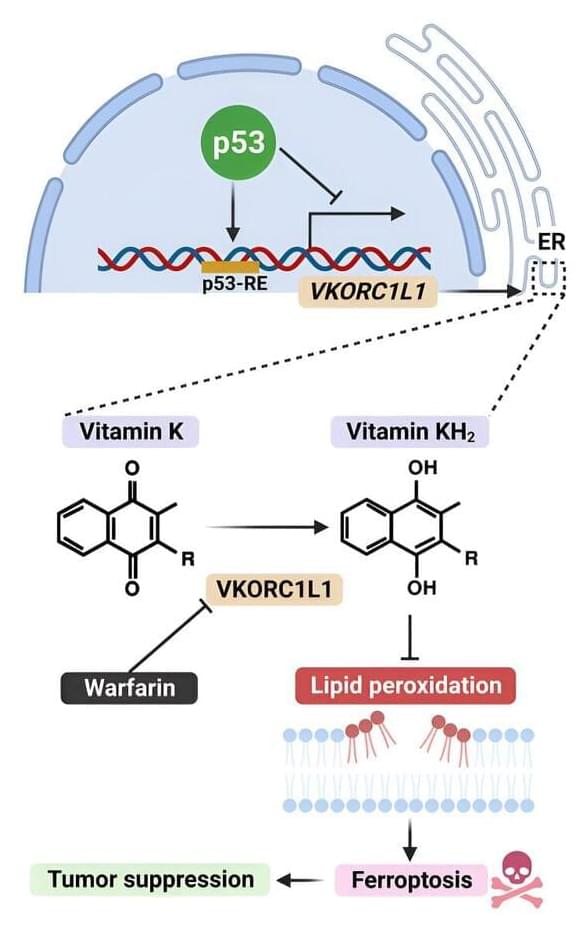A team at Nottingham Trent University analyzed the full set of more than 11,000 gene transcripts inside muscle cells, finding that the ‘development pathways’—the different ways in which genes work together to regenerate muscle—become weakened in aged cells.
The study may help to shed some light on why muscle damage take longer to recover from as we age. The study is published in the Journal of Tissue Engineering and Regenerative Medicine.
The researchers developed a new approach to examine muscle cells in vitro in the laboratory to enable them to observe the different molecular mechanisms that drive muscle aging.

